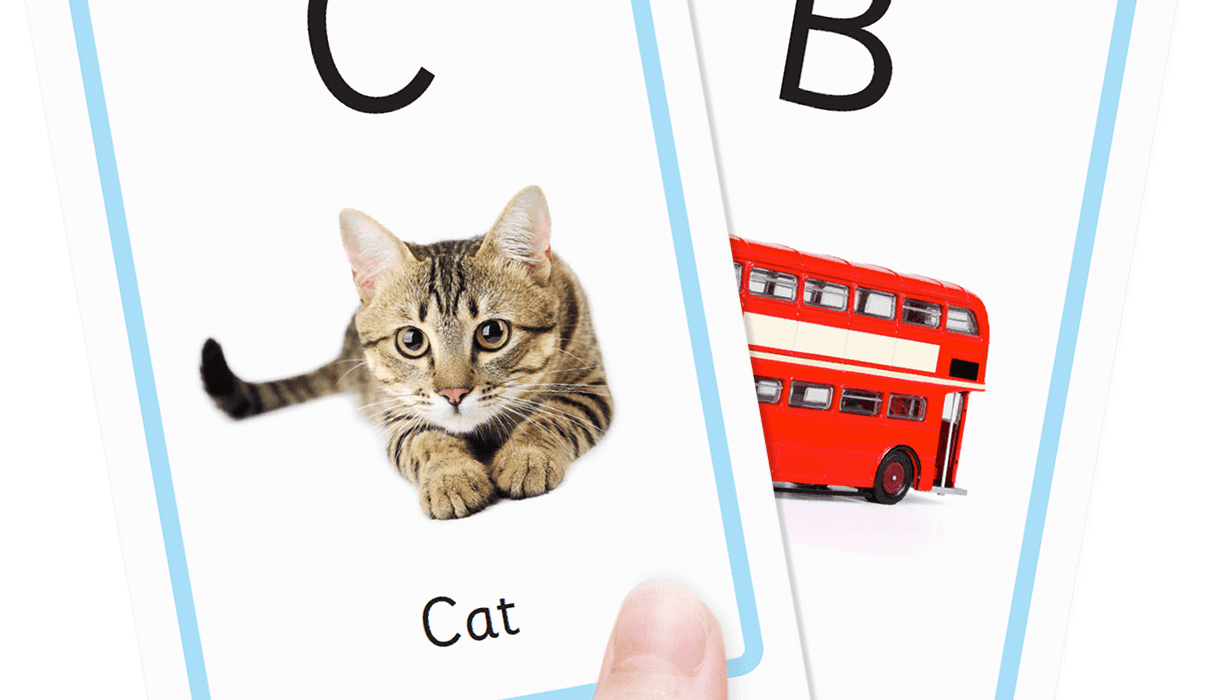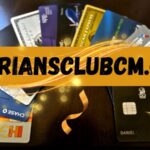Flashcards are teaching aids made up of cards with information on them, usually on both sides, that are intended to help with remembering. They might have an explanation or description on one side and an image on the other. Additionally, they might have a word or phrase on one side and its synonym, antonym, or translation on the other. There is no way to emphasise how beneficial flashcards are for helping with recall.
Teaching young children is referred to as early childhood education (usually, from birth to age 8). Notably, a child’s abilities and attitude towards learning are positively impacted in numerous ways by receiving the appropriate training throughout this time and guessing cards can help to a great deal. The cognitive, emotional, and social development of a child is greatly influenced by the use of effective early childhood education practices.
5 Benefits Of Introducing Flash Cards In Your Kid’s Education
1. Cognitive Development
Enhancing cognitive development is one of the main advantages of flash cards. In particular, by repeating information frequently, flashcards help in memory recall, which improves the effectiveness and efficiency of learning. Through continuous review of the flashcards, young kids can gradually strengthen their memory, which has a beneficial effect on the development of cognitive function.
2. Language Development
Additionally, flashcards have a major influence on vocabulary development. They expand a child’s vocabulary by introducing new words and their definitions. This tool significantly enhances the child’s comprehension by providing the flexibility to illustrate abstract concepts using colourful graphics.
3. Vocabulary Development
Flashcards also actively promote language development. They help the youngsters express words and sentences, which helps them grow in language. Essentially, flashcards help foster rich language development in early childhood schooling, going beyond simple word recognition.
4. Visual Learning
The ability of flash cards to produce a RICH visual memory aid is one of its advantages when it comes to visual learning. Kids are more likely to respond well to visual stimuli. Therefore, flashcards that are colourful, rich in colour, and visually appealing serve as powerful learning accelerators for young children. Colour, texture, and imagery on flashcards aid in the development of visual anchors in a child’s brain. In turn, these anchors make it easier to remember and comprehend the information. Additionally, flashcards handle and accommodate various learning methods, such as kinesthetic, auditory, and visual. They therefore serve a variety of learner profiles.
5. Advance Learning
Being able to get kids ready for higher education is one of the major advantages of using flashcards. Because of this, they foster a strong learning foundation that makes a child’s future schooling simply understandable. The use of flashcards can assist a child’s educational path in the long run by providing both a strong foundation and a desire to learn.
Tips To Effectively Use Flash Cards
Using kid-friendly flashcards that appeal to young learners is crucial to maximising the advantages of flashcards.
Flashcards ought to be clear, easy to understand, and visually appealing. Children are frequently captivated by literal visuals, recognisable typography, and vibrant colours. As a result, they can recall the material attached to them with ease.
Furthermore, an engaging presentation of the flashcards is essential for the learner’s absorption. Playing games and listening to music are two interactive ways to add fun to flashcard learning. Frequent, brief, and varied flashcard sessions make studying engaging and guarantee that the student is never disengaged.
Lastly, using flashcards to refresh information and monitor progress is crucial for efficient teaching. Frequent review of previous flashcards helps learners retain information better and feel more confident.







